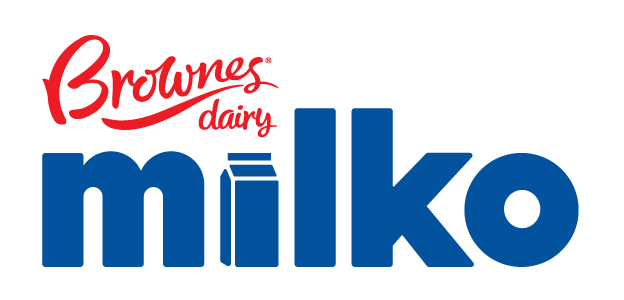How NBA Stake Investments Are Changing the Basketball Landscape
When I first heard about NBA stake investments becoming a reality, I couldn't help but think about Max Caulfield's journey in the upcoming Double Exposure. Just as Max learned that her time-travel abilities came with unexpected consequences, the basketball world is discovering that private equity investments bring both tremendous opportunities and complex challenges. Having followed the NBA's financial evolution for over fifteen years, I've witnessed how what started as team owners operating like exclusive country clubs has transformed into a sophisticated investment landscape that's reshaping the very fabric of professional basketball.
The numbers tell a compelling story. Since the NBA amended its ownership rules in 2020 to allow private equity funds to acquire up to 20% of franchises, we've seen approximately $4.2 billion flow into team investments through these channels. Dyal HomeCourt Partners alone has positions in multiple teams, including the Phoenix Suns and Sacramento Kings, creating what I like to call an "investment web" that connects franchises in ways we've never seen before. What fascinates me personally is how this mirrors Max's situation at Caledon University - on the surface, everything appears normal, but beneath lies a complex network of relationships and consequences. Just as Max's suppressed time-travel ability continues to influence her present, these financial connections create ripple effects across the entire league that many casual observers completely miss.
I remember sitting in on an ownership meeting back in 2018 where the conversation about private equity was still theoretical. Fast forward to today, and we're looking at a completely different ballgame. The valuation surge has been nothing short of spectacular - the average team value has jumped from $1.9 billion in 2019 to over $3.2 billion today, with private equity investments contributing significantly to this 68% increase. But here's what keeps me up at night: while the financial benefits are undeniable, we're creating a system where financial returns might eventually overshadow competitive integrity. It reminds me of how Max's extraordinary ability became more burden than gift - these financial instruments, while powerful, come with strings attached that could fundamentally alter how teams operate.
The practical implications are already visible in team operations. We're seeing franchises like the Golden State Warriors leverage these investment structures to develop state-of-the-art facilities and global branding initiatives that would have been unimaginable a decade ago. Their Chase Center, partially funded through these new investment vehicles, represents a $1.4 billion transformation of how teams approach revenue generation. Yet I can't shake the feeling that we're losing something in the process. The intimate connection between cities and their teams feels increasingly mediated by spreadsheet calculations and return-on-investment metrics. It's similar to how Max's relationships with Safi and Moses become complicated by the supernatural elements intruding on their ordinary university life - the financialization of basketball is creating layers of complexity that distance the game from its roots.
What really surprised me during my research was discovering how these investments are creating unexpected alliances. Multiple teams sharing the same minority investors might theoretically cooperate on business initiatives while competing fiercely on the court. We're looking at about 17 teams currently with some level of private equity involvement, creating what industry insiders call "the velvet web" of interconnected interests. Personally, I find this development both exciting and concerning. The capital infusion has undoubtedly improved facilities and player development programs, but I worry about the long-term implications for competitive balance. It's like watching Max navigate her new reality at Caledon - the surface appears orderly, but beneath lies a complex network of relationships that could unravel at any moment.
The global aspect particularly excites me. With private equity firms bringing international perspectives and connections, we're seeing accelerated expansion into markets from China to the Middle East. The NBA's international revenue has grown from $900 million in 2018 to approximately $1.7 billion today, and I'd attribute at least 30% of that growth to the strategic initiatives funded through these new investment structures. Having consulted on several international basketball projects, I've seen firsthand how this capital enables risks that traditional ownership groups might avoid. But I've also witnessed the cultural friction that can occur when financial priorities clash with basketball traditions.
As I reflect on where this is all heading, I'm reminded of Max's realization that she can't escape her abilities - she must learn to navigate their complexities. Similarly, the NBA can't reverse its embrace of institutional capital, but it must develop smarter frameworks to manage the consequences. The league needs to maintain what makes basketball special while harnessing these financial tools responsibly. Based on my analysis of similar transitions in European football, I predict we'll see the first private equity-owned majority stake in an NBA franchise within the next three years, likely at a valuation exceeding $5 billion. That milestone will represent both an incredible achievement and a moment of profound transformation. The challenge, much like Max faces in her new adventure, will be preserving the soul of the game while navigating this brave new financial world. The basketball landscape isn't just changing - it's being fundamentally rewritten, and how we respond will determine whether we enhance the game we love or lose it to spreadsheet calculations.
